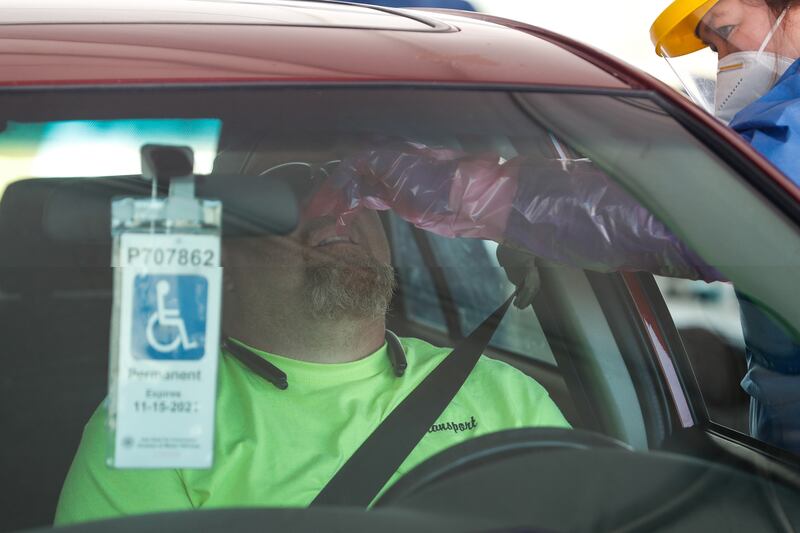I recently observed an online exchange between someone for a mask mandate and another against it. The mandate advocate argued that wearing masks is analogous to wearing seat belts, pointing to data about how such measures preserve life and health. In response, a local government official argued that seat belt legislation, while well-intended, constituted in his view a form of prior restraint (no pun intended). He believed, strictly speaking, it was beyond the purview of government to enact or enforce such laws, even if individuals would do well to always wear one. Needless to say, both groups talked past each other, each convinced that their position was self-evidently correct.
The problem is compounded, I think, by our lack of clarity on the kind of freedom that is at issue. It strikes me that the seat belt analogy is not particularly helpful. We might do well to recall that, in the domains of ethics and politics, the relevant concept of freedom is always accompanied by the notion of responsibility.
The ability to choose freely is of moral significance — and a political right to be vigorously defended — precisely because when I choose freely, I not only exercise my ability to act on my own account but I express my willingness to be held accountable for what I do. My ability to act freely and responsibly makes me into a moral agent. In short, I am free when two conditions are met: First, I have the capacity to act (or not act) in a particular way; and second, I accept responsibility for my actions.
Do government mandates to wear a mask deprive me of my freedom in the relevant moral and political sense? When I refuse to wear a mask in a time of pandemic, I accept the first condition but reject the second. That is, I affirm my right to act or not act, but I do so in such a way as to refuse to accept any responsibility for the consequences that my actions (or inactions) may bring about.
In the case of COVID-19, I consent to the very real possibility that my body may be used by an external biological agent so as to bring about potentially life-threatening consequences for which I likely will not be held accountable. In such cases, then, I do not truly act but rather am acted upon, as I consent to allow the virus to act through me, perhaps bringing about consequences which I did not directly intend. The virus is in the driver’s seat, not me.
This is why the seat belt analogy is perhaps less illuminating than the analogy of drunken or impaired driving. If I were to choose to drink to the point of intoxication and then get behind the wheel, I have chosen to cede my agency to an external force — the alcohol — which then works through me and may inflict harm upon others.
I think we all agree that the government is entitled to outlaw impaired driving, regardless of whether or not it actually brings about harm in a particular instance. Our decision to allow intoxicants into our body is one for which we should be held legally and morally accountable, regardless of whether or not they in fact end up impairing our actions so as to harm others.
To be required to wear a mask in the extraordinary times we live in is no constraint on my freedom.
Here, then, is a more fitting analogy for government-issued requirements that I wear a mask in public. Just as the government may rightly hold me accountable for my willingness to yield my agency to forces outside myself, such as drugs or alcohol, it may also hold me accountable for being unwilling to wear a mask during a pandemic, thereby yielding my agency to the virus and becoming a vehicle for its transmission.
To be required to wear a mask in the extraordinary times we live in is no constraint on my freedom. Indeed, such measures, duly enforced by our elected officials, make it possible for us to live in a society where our freedom — inseparable from our willingness to accept responsibility for our actions — may flourish in the first place.
David Laraway is a professor of Spanish literature at Brigham Young University, where he also currently serves as visiting chairman of the Department of Philosophy. His views are his own.

